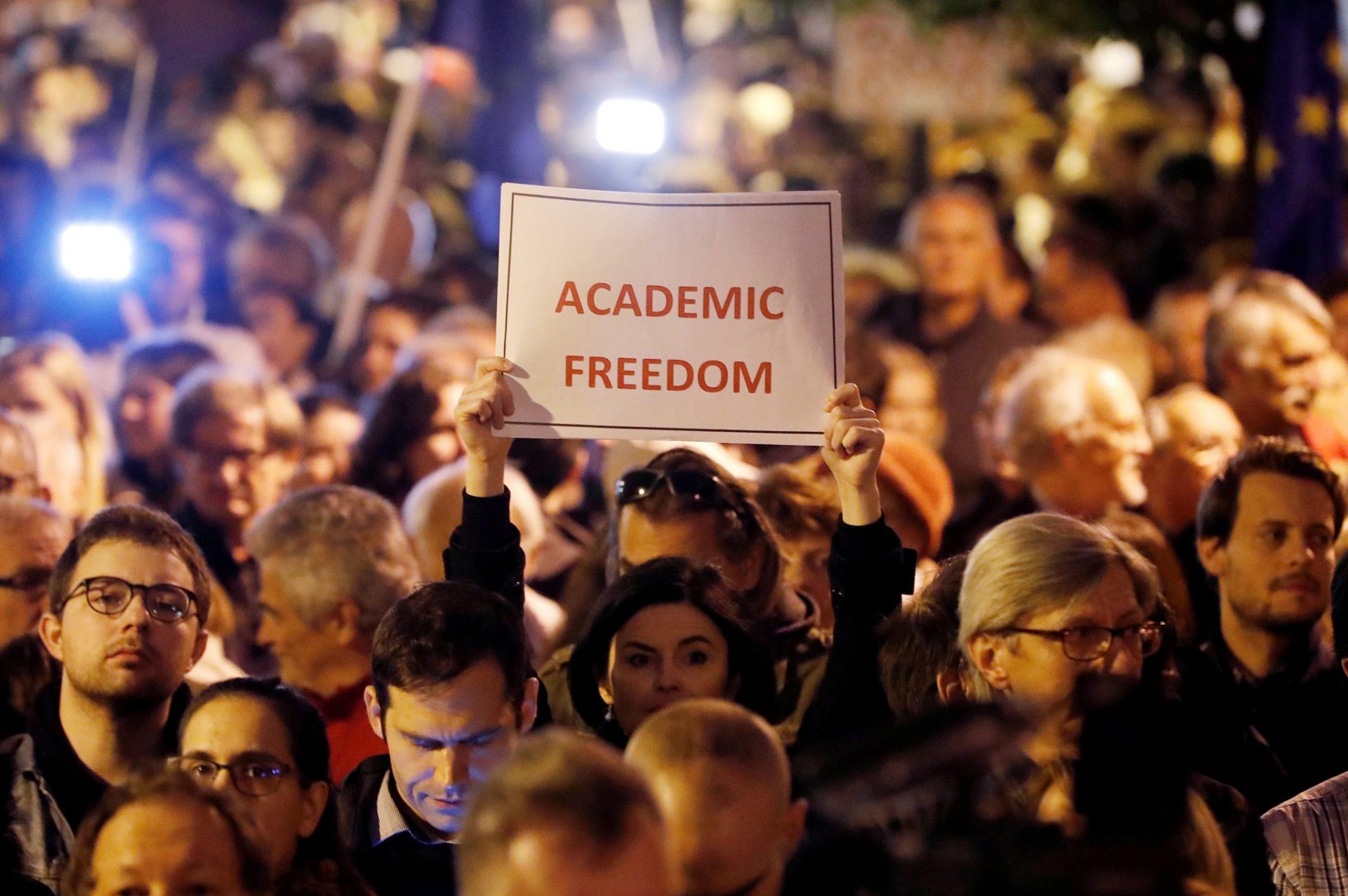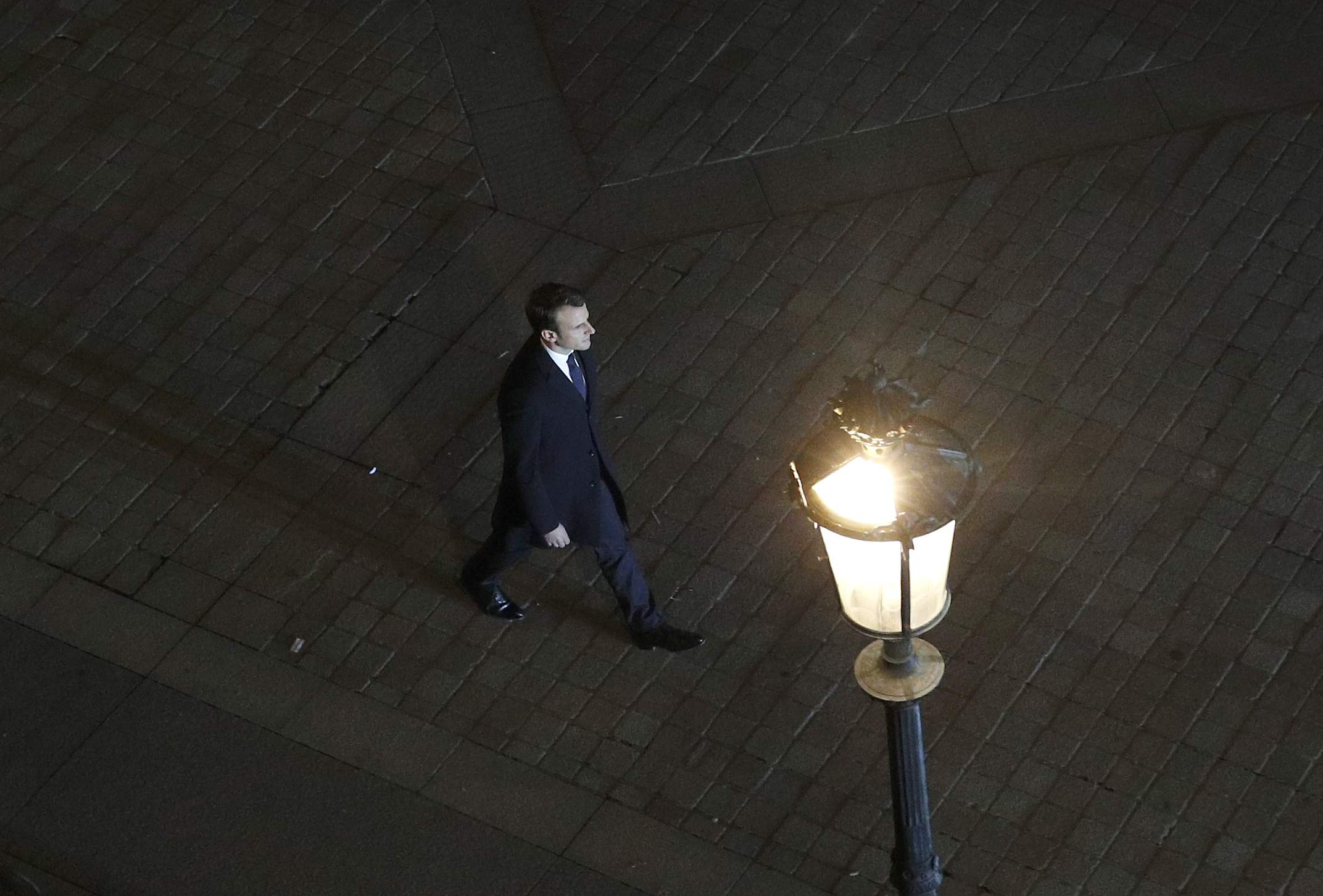
In the build up to the Austrian presidential election and the Italian vote on constitutional reform, governments from mainstream parties in the EU member states and officials in the EU institutions were desperate for Van Der Bellen to triumph over Hofer and Renzi to secure a Si vote. The key reason for this was with Brexit and Trump’s victory mainstream politicians in the member states and senior EU officials were concerned that a Hofer victory in combination with a NO victory would further embolden populist forces, which seek to take power from centre left, and centre right European governments as well as undermine the EU.
The fact Van Der Bellen won the Austrian Presidential election doesn’t reduce the electoral significance of the populist party, the FPÖ. On the contrary with the FPÖ, in some opinion polls, hovering at 30% this party could hold the keys to power at the next election. This means that despite the victory of Van Der Bellen, be it by a considerable margin, the chances of an FPÖ victory in the next Austrian parliamentary elections have not been reduced. Rest assured, we have not seen or heard of the last of the FPÖ.
Meanwhile in Italy, the resounding NO victory has sent shock-waves through European politics and the Eurozone. With Italian debt to GDP ratio at 133% and unemployment still stubbornly high, the ensuing political instability is only going to add to Italy’s economic malaise. The Five Star Movement and the Northern League led the campaign for the NO vote and will capitalise on their victory to solidify their positions in Italian politics, this means one of these parties could realistically come to power in the next Italian elections. The consequences of a 5 star victory or a Northern League victory in an Italian election for the third largest economy in the euro zone could spell disaster for the single currency, as the five star movement has promised to hold a referendum on Italy’s membership of the Euro.
What does this all mean for the EU then? Well it proves the point that 2016 has been an annus horribilis for the EU. The UK’s vote to leave the EU will leave the EU bereft of one of its most important (if reluctant) member states, Brexit in combination with Trump’s victory, signalling a US pivot to Putin and sceptism towards NATO, has presented the EU with an internal crisis (the loss of a member state) and an external crisis (the US potentially reducing its support for NATO in Europe).
What about 2017 then? Does 2017 hold any promises for the EU and mainstream politicians of the member states? Well, no. With Dutch elections in March, French elections in April-May and German elections in the autumn, the EU faces a series of potential political shocks from a popular backlash against established parties and governments.
Can anything be done to halt the rising tide of populist forces that are sweeping away the established order? Well, yes. It is absolutely clear that threatened parties such as Les Republicans and the Socialists in France, the VVD in The Netherlands and the CDU/CSU in Germany must take the threat of populist forces seriously and offer policies which will allay grievances felt by those supporting populist parties. Whilst this will differ from country to country, what is similar is that those who would vote for populist parties are incredibly angry and frustrated with a political and economic system that they believe and feel isn’t working them. Whether the establishment parties currently on the defensive can overcome the electoral challenges of 2017 could ultimately determine the fate of the EU.



